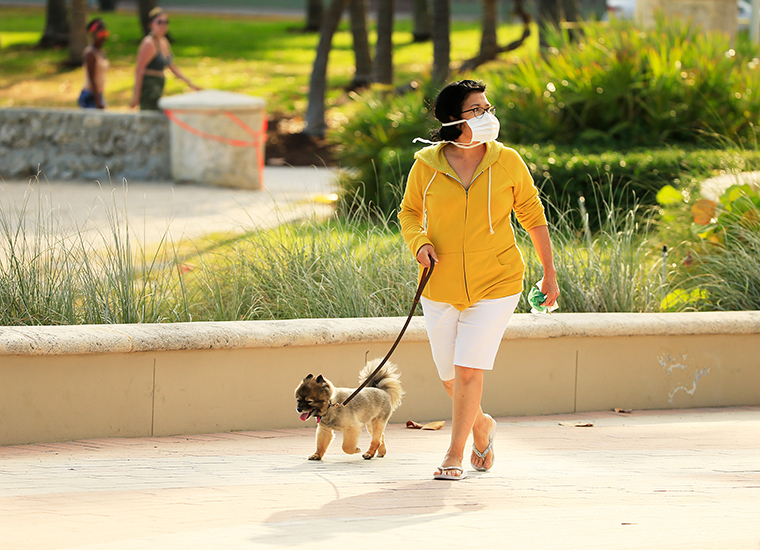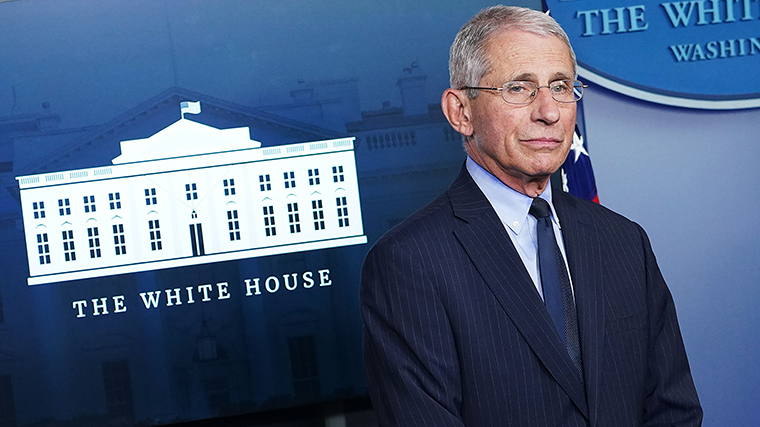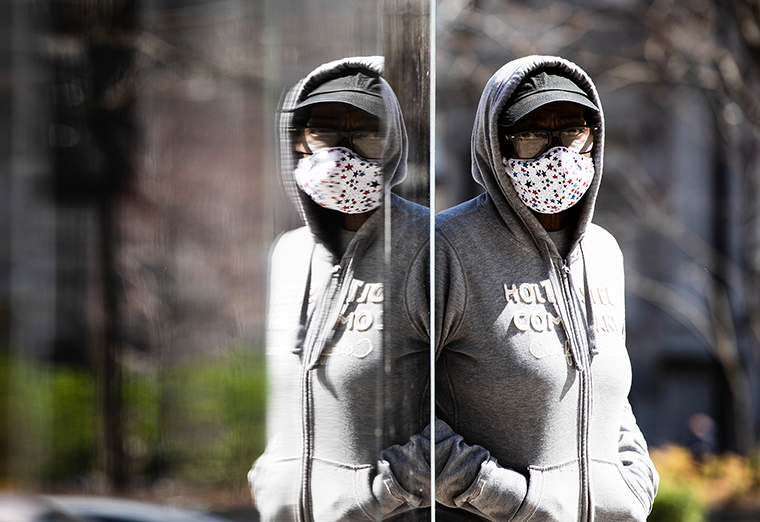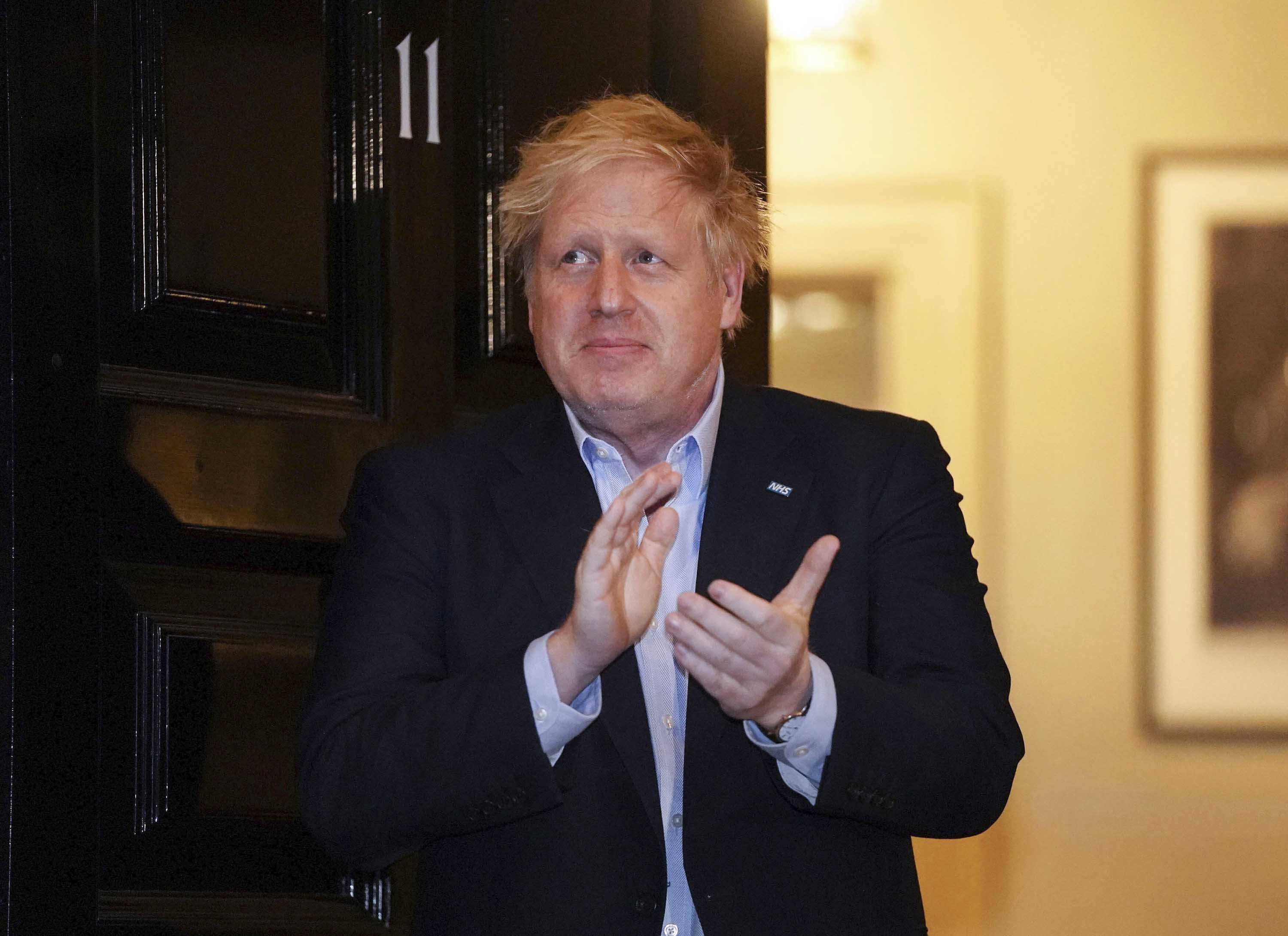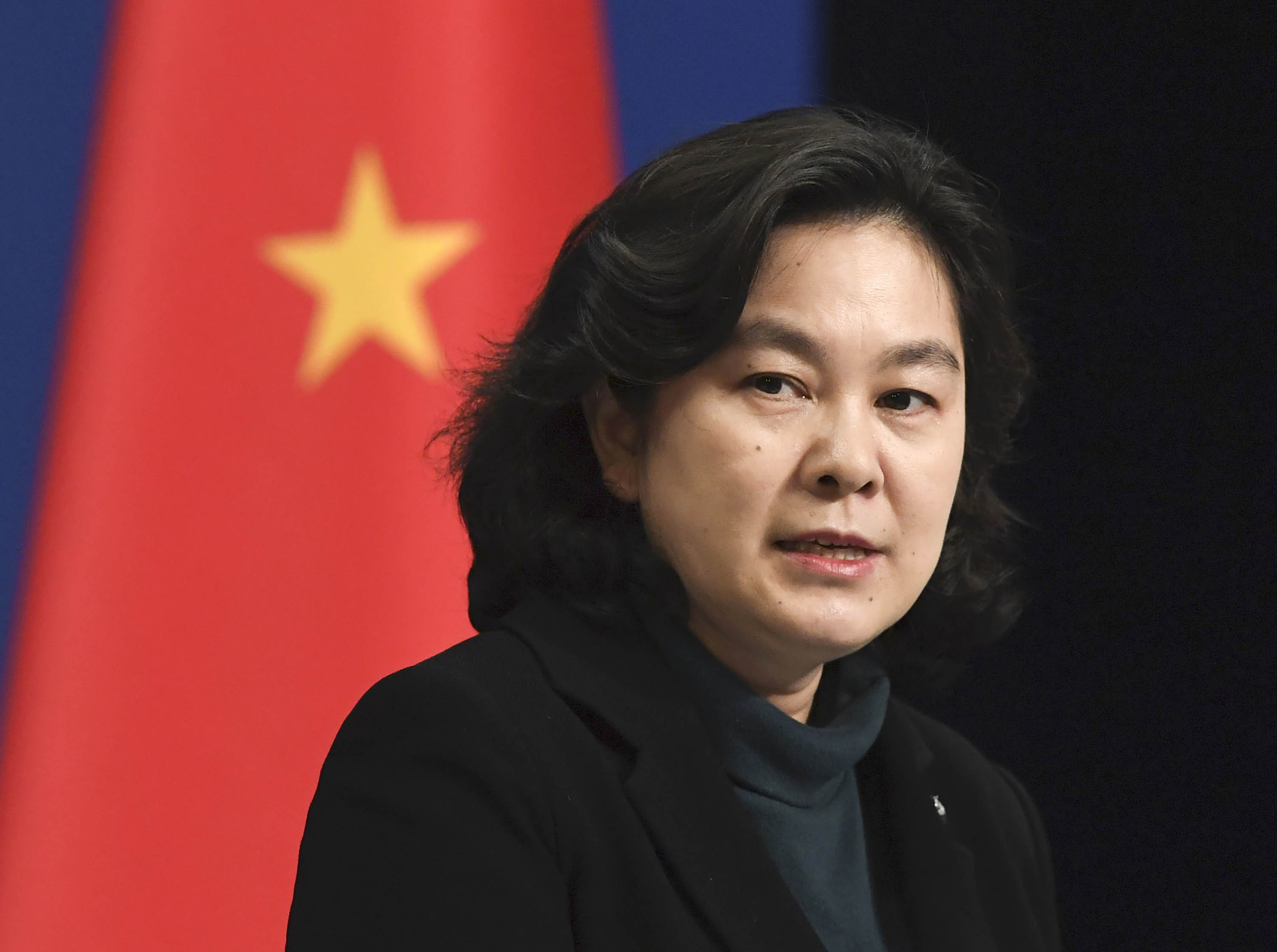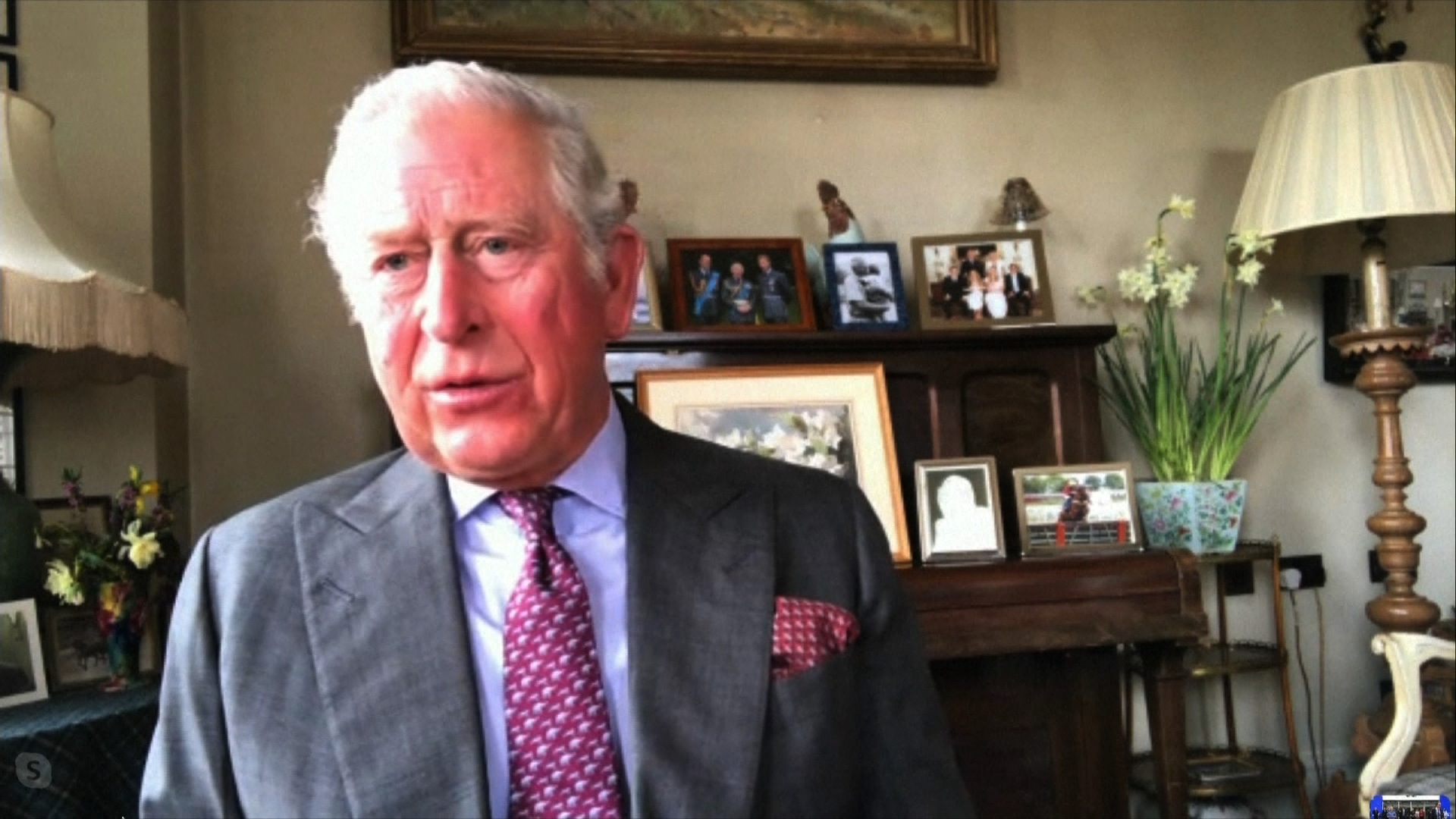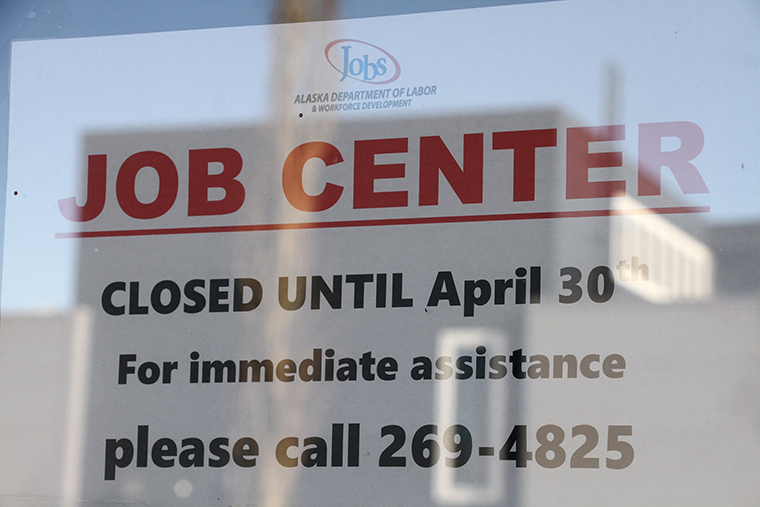
The American economy lost more jobs than it gained for the first time in a decade.
In March, the economy shed 701,000 jobs, according to the Bureau of Labor Statistics. It was the first time the economy lost jobs in a month since September 2010. Last month was the worst for American jobs since March 2009.
The unemployment rate inched up to 4.4%, from a near 50-year low of 3.5%. It was the highest unemployment rate since August 2017.
The labor market survey concludes in the middle of the month, so the March report didn't count the worst of the coronavirus effects on the economy, including many of the stay-at-home orders around the country.
In the second half of last month, nearly 10 million Americans filed for first time unemployment benefits as the outbreak forced businesses to close and people to stay home. This development will be reflected in the April jobs report, which is due on May 8.
The Congressional Budget Office expects the unemployment rate to climb past 10% in the second quarter, it said Thursday.
